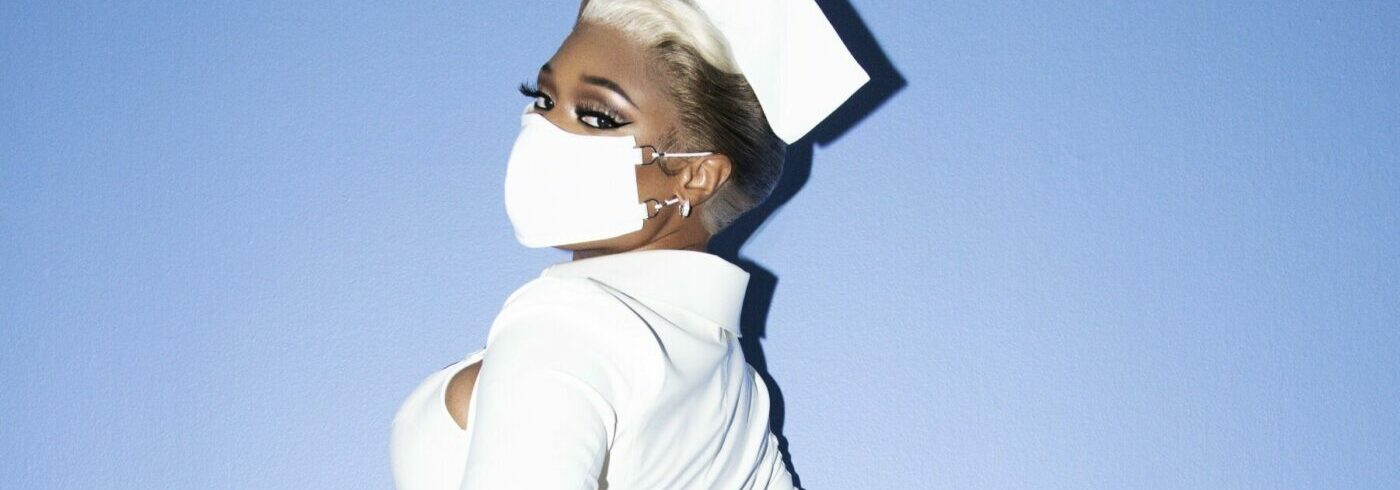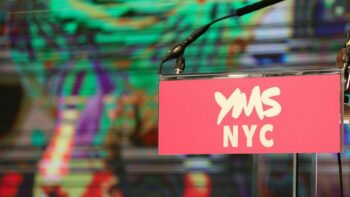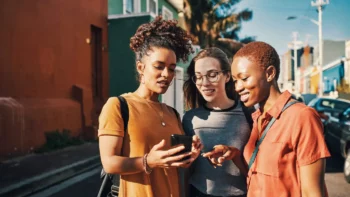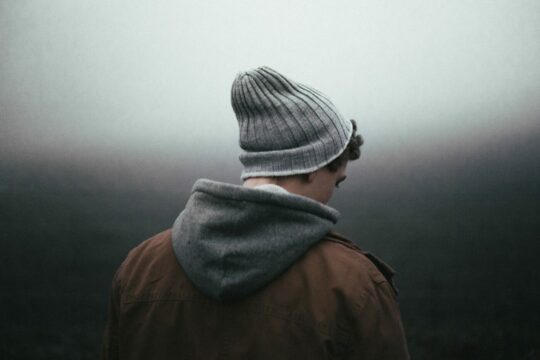
Trend Alert: #BlackTikTokStrike
Voxburner Content Team
Article Highlights
Be the first to access new posts and exclusive content
Trend Alert introduces you to the latest trends that are impacting the daily lives of 16-24s.
There are few artists whose music is bigger on TikTok than Megan Thee Stallion. Her 2020 hit “Savage” was one of the year’s most-used sounds on the app, and of course, it had its own challenge – a dance routine that went viral as thousands of TikTokers tried to emulate it. The routine was choreographed by 19-year-old dancer Keara Wilson. While Keara has gained 2.8 million TikTok followers and publicity from the likes of Cosmopolitan as a result of the dance challenge’s success, there are many other stories of Black creators who haven’t received credit for the routines they choreographed. Instead, they are often associated with white TikTok stars who took part in the challenge, as their larger followings mean their videos have been seen by a much wider audience.
A standout example is the “Renegade” dance, which is often cited as the video that made Charli D’Amelio famous. Charli now has more followers than anyone else on TikTok, but far fewer people know the name of the original creator of the “Renegade” challenge, Jalaiah Harmon. There was also backlash when The Tonight Show invited white influencer Addison Rae to perform a series of viral TikTok dances on the show, rather than giving a platform to the Black dancers who came up with the routines.
Fed up with this pattern, Black TikTok creators decided that when Megan Thee Stallion released her new single “Thot Shit” earlier this month, they would go on strike. By refusing to create a dance challenge for the track, they wanted to make clear the value they bring to the TikTok community and how reliant on their creative ideas their white counterparts are. Weeks after the single was released, no particular dance has caught on, and several TikToks and tweets have gone viral, poking fun at some of the more cringe-worthy attempts by white TikTok users to create their own routines.
TikTok is home to a vast community of Black creators, and the majority of viral dances can be traced back to their original choreography. However, the creators with the largest followings and who are therefore earning the most thanks to TikTok are far more likely to be white. This issue is part of a wider debate on cultural appropriation and fair attribution for creative work, which is particularly challenging on social platforms driven by user-generated content, where it’s difficult to implement rules and standards. Nonetheless, social media users still look to platforms to address inequities, holding them accountable for algorithms that favour certain races or muffle anti-racist content.
Last year, in the wake of Black Lives Matter protests, TikTok published an apology to its Black users and promised to do better, but months later many still felt more action was needed. The #blacktiktokstrike trend is yet another call for change, making it ever more difficult for TikTok to ignore the discontent of one of its most vibrant and valuable creative communities.
Want more stories like this? Subscribe to our newsletter for weekly updates on the latest youth trends direct to your email inbox.



